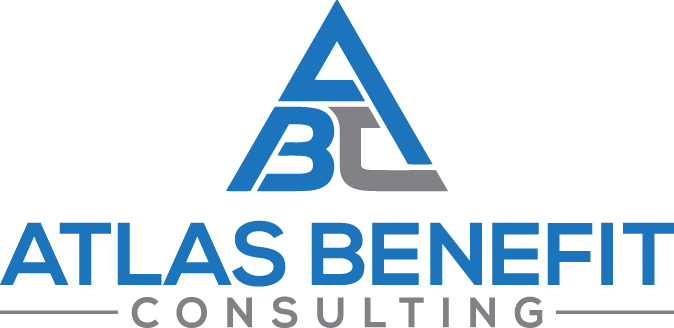Hunger and Food Instability
At this time of year, a large portion of the nation’s population is starting to plan and prep for Thanksgiving. For many, this means not only time to be thankful, spend time with loved ones, and express gratitude, but a day of overabundance of food.
For veterans struggling with food instability, Thanksgiving day can be an especially painful reminder of not having enough food for themselves and/or their family.
Most Likely to Face Food Instability
According to a study published online by Cambridge University Press, there are certain veteran demographic groups that are much more likely to face food instability.
Veterans at the highest associated risk are those with any of the following demographic, socioeconomic, or medical concerns:
- Hispanic
- Black
- Female (one study in 2018 reported 28% of women veteran participants tested food instable)
- Non-married
- Single parents
- Lower-income
- Those without disability benefits
- Those without stable housing
- Mental health issues- including depression and PTSD
- Diabetic
- Those who experienced military sexual trauma
Food instability is a risk factor for other burdens and struggles as well. Veterans who are food unstable are also more likely to suffer from increased mental and physical health issues, and face home instability or homelessness.
Hurdles to Receiving Food Assistance
- There is disagreement over the facts and magnitude of veteran hunger and food instability. Experts argue that without proper data and research, we won’t be able to get close to truly understanding the matter and seeing accurate numbers. An example of the current misconceptions are that some studies have reported higher rates of food instability amongst veterans, while other studies have reported lower rates! Regardless, veterans shouldn’t be struggling to have enough nutritious food for themselves and their families.
- Many programs count “Basic Allowance for Housing (BAH) as income that could prevent a veteran from qualifying for food assistance. The veteran and family need both a home and food, but the BAH in this case almost works against them for food benefits.
- Lack of education or adequate information of available programs.
- There has historically not been sufficient focus by Congress and lawmakers on this issue.
What Help is Available?
There are good resources for veterans and non-veterans alike.
- SNAP– The Supplemental Nutrition Assistance Plan is a federally funded program that helps needy families obtain more nutritional food and strives to guide them toward food/health stability. SNAP benefits increased as of October this year. Veteran participation in SNAP is actually not as high as it could/should be. An estimated 59% of eligible veterans are NOT enrolled in SNAP and losing out on those benefits. Reasons for this are thought to be due to the stigma of applying for, and receiving, federal food aid, the lack of information and knowledge about the program, and mental illness. There are also work requirement rules that can make eligibility of receiving SNAP benefits limited or available for only a short duration.
- Food Insecurity Screenings through the VA- In March of this year, the VA added two hunger/food related questions to the screening for all veterans who are seen at a VA medical or health center. Staff are being trained to recognize and handle hunger and food instability better. There is a three month reminder that is supposed to be entered into the veteran’s records for someone to check in with them to keep an eye on hunger and food stability.
- Feeding America– find local food banks through Feeding America here.
- The EveryONE project– there is a zip code search function to find resources in many different areas, including food. Check it out here.
- MAZON: a Jewish Response to Hunger– a national organization that fights to end hunger for all people. The site has searchable resources for food assistance.
- Meals on Wheels – searchable by zip code to find local resources for meals and delivery service; visit the site.
- Food Research and Action Center (FRAC)– a nonprofit striving to end poverty. Learn more about what they do and offer.
Hope For Positive Change!
- A congressionally-mandated report on food insecurity is due at the end of March, 2022. (The Department of Defense has postponed this previously.)
- MAZON has a proposal to lawmakers for a “Basic Needs Allowance” for military and veteran families, to increase the amount of assistance they get to put toward necessities like nutritious food. This proposal now has good support from both the House and Senate.
- More push and support needs to happen to make sure the BAH isn’t counted as income in regards to eligibility for other need-based programs.
Articles and Research on This Issue:
- RAND Corporation Published Research “Food Insecurity Among Veterans”
- Center for Strategic and International Studies “Food Insecurity among U.S. Veterans and Military Families”
- Center on Budget and Policy Priorities “SNAP Helps 1.2 Million Low-Income Veterans, Including Thousands in Every State”
- VAntage Point “Food Insecurity Screenings Connect Veterans, Resources”
What Our Team Does
Our team can help you navigate the complexities of the VA rating and benefit process. Many veterans are underrated and not receiving the maximum benefits and compensation that they have earned and deserve. Use the button below to connect now for a free consultation to determine if you are receiving your maximum!
Click Here for Info on Your Free Consultation

